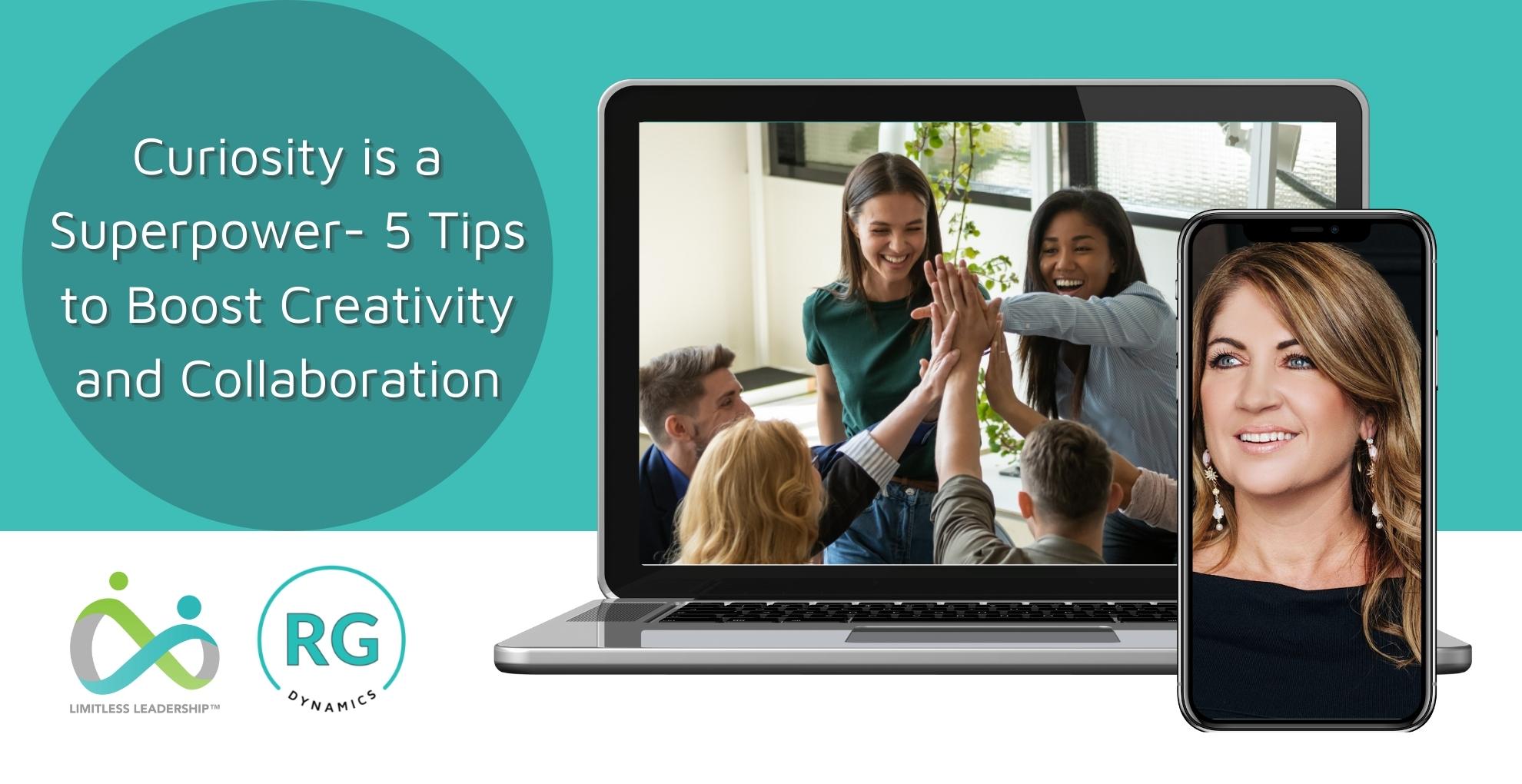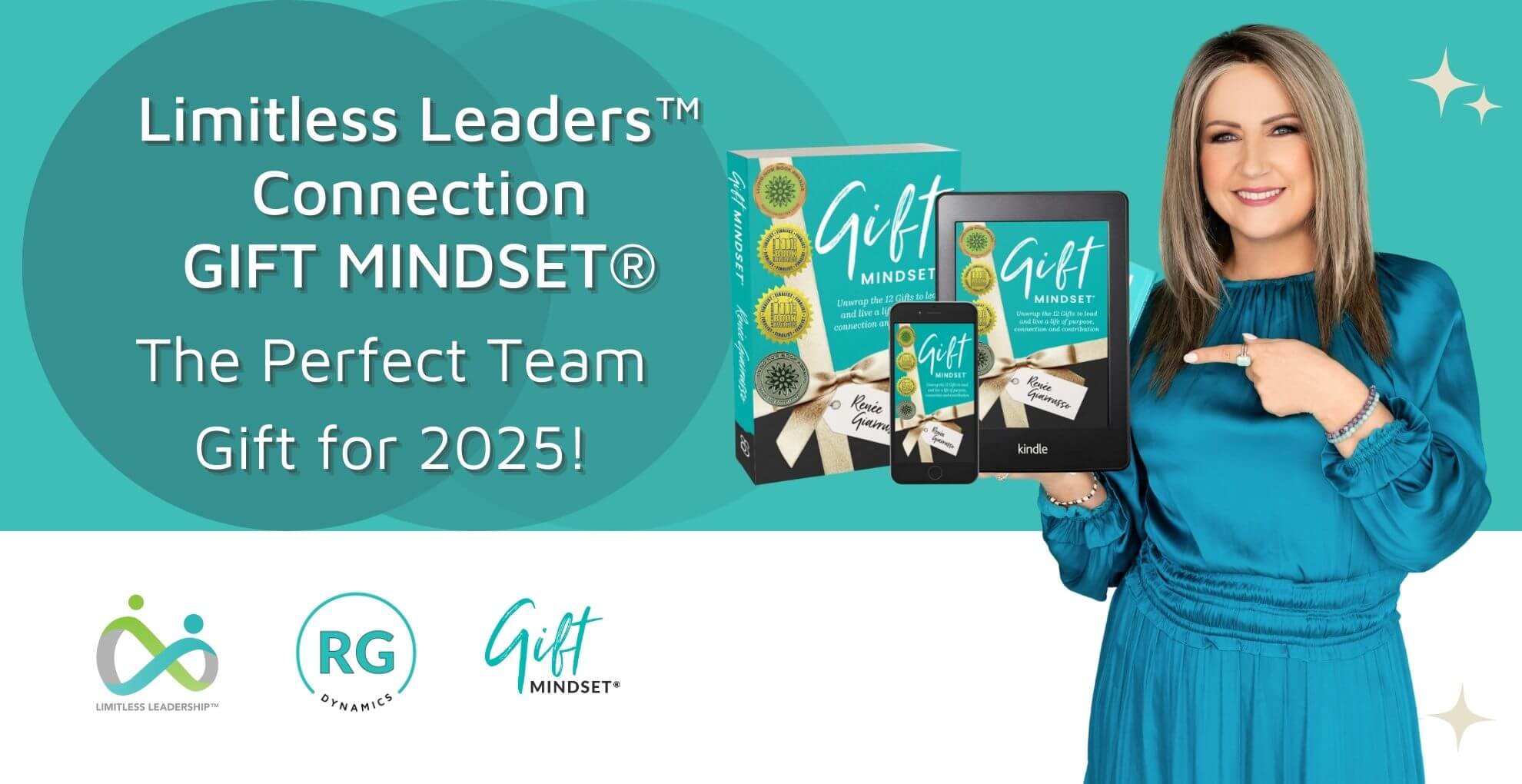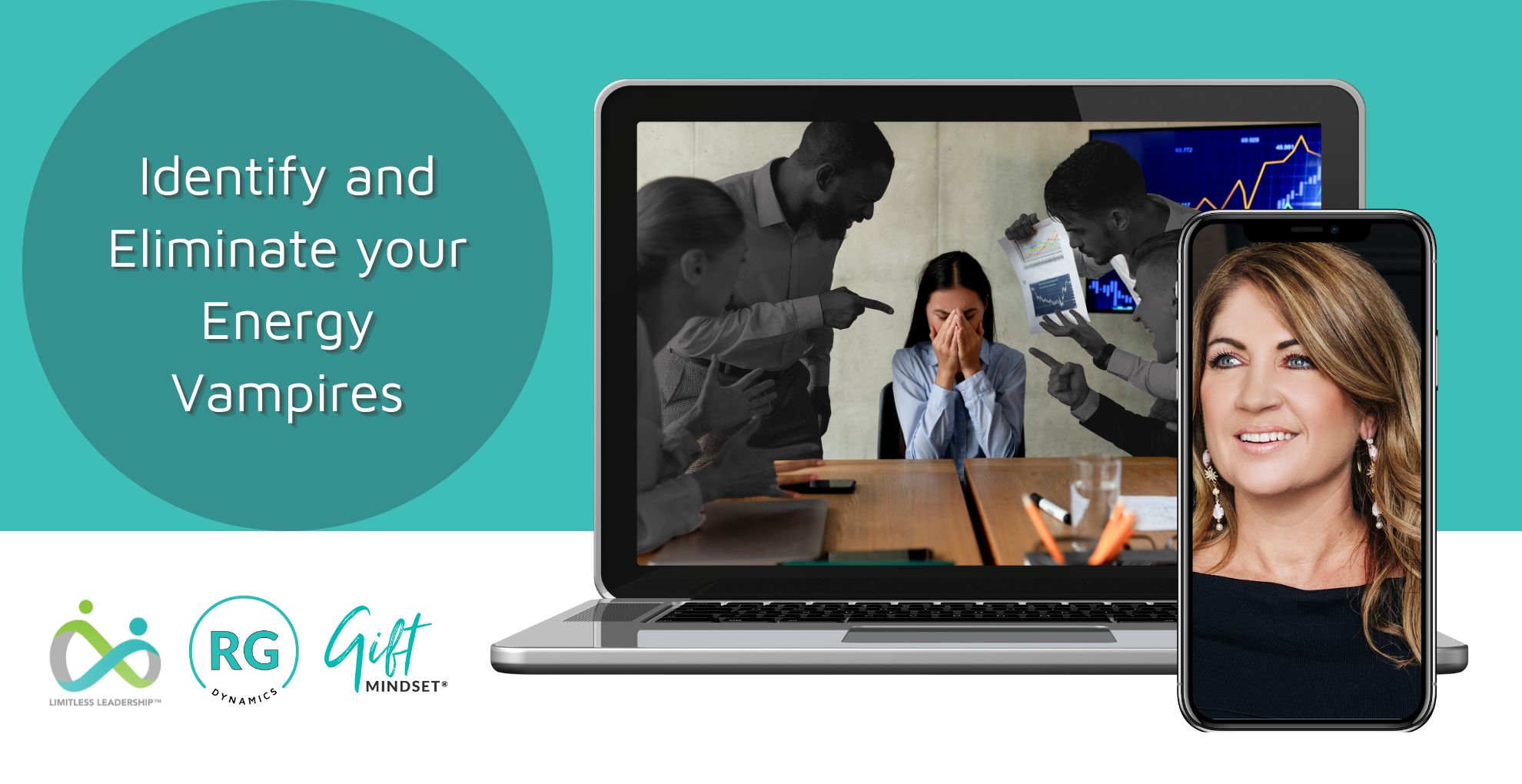Curiosity is a superpower, and when we lead with it, we open the space for a curious mindset in our teams. This leads to questioning and exploring things as a team, and the by-product of this is improved creativity, connection and collaboration.
The challenges that come with remote and hybrid work can be overwhelming. In this stop-start life, we need to adapt, and I believe in leading an organisation and creating a culture open to change; creativity and curiosity are key. The future of leadership requires us now, more than ever, to adapt, innovate and collaborate, and I reckon curiosity deserves some attention.
Curiosity is the motivating desire for more information. It’s the engine that drives learning, innovation and achievement. This helps us grow and can help us explore challenging situations and changes with a growth mindset.

Dr Daniel Berlyne was a pioneer in curiosity research in the ’60s. His experimental and exploratory psychology work has served as the foundational research for many scientists who have followed. He stated that curiosity is innate to our being, not unlike food and water.
He also concluded that three key sources instigate it:
novelty – that which is new or unknown to us
ambiguity – that which is confusing to us
complexity – partially known to us and where we seek to learn more
All these sources of curiosity surround us – it’s up to us to raise our emotional intelligence, be aware of these, and decide what to do next.
5 Tips to curiosity
- Open your mind
Opening your mind takes discipline, and the more open you are, the more likely you will be to receive new information and ideas that can help you continue to be curious.
Avoid closing yourself or others off. Stretch out of your safe zone – anything outside your comfort zone is growth. Be open to asking questions and stay present when listening. I ask myself, “What can I learn from this person?” – this opens up my mind to receive and not discount the ideas or opinions of others.
- Ask questions
Asking questions about yourself, others, and situations can help you become a more effective communicator and build stronger relationships and leadership capabilities.
Asking questions with intention is a great way to understand, seek information and explore your curiosity. Creating a forum in your team catch-ups to question things such as; ways of working, projects, products and services can open the door to new ways of thinking and growing.
Asking open questions is key. One tip for asking open questions is to add “tell me about” to the start of your questions – this will turn them into an open question.
When we ask curious, open questions, we need to be open to not knowing the answer and not assume or judge. Our intention should be to focus on learning and understanding more.
Only ask one question at a time and base your next question on the response you receive.
- Flipping statements into questions
When we think about something, we articulate it in our minds as either a statement or a question. For example, flipping a statement such as “What that team did was great” to “I wonder how that team achieved that?” will change your energy and provoke questioning and conversations. It changes a one-dimensional thought into a two-dimensional question. Take the time to observe the statements you think or write, such as in an email, and flip your statements into questions.
- Listen and be present
Research has found that only 2% of leaders have ever received any training on listening, and most people struggle to listen and not just ‘hear’.
We aren’t wired to listen as human beings, although it is one of the first things we learn in our mother’s womb. We think at more than 400 words a minute and speak at 150, so it’s no wonder our minds wander when we should be listening.
To be truly curious, we need to listen to:
- ourselves both logically and intuitively
- the responses of others, without bias or judgement
- situations that present themselves
- thoughts, feedback and feelings through all our senses
- Be interested
Reframe ‘boring’ situations and people we are fearful of as ‘interesting’. A simple reframe can change your energy, attitude and ability to be curious. We can learn much from others if we have an open mind and question things.
When the stakes are high and the pressure is on, it can be difficult for us to pause before acting, take a step back and reflect on why we are doing what we are doing.
Sometimes questioning our actions on the bigger things can be hampered by our inaction to question the smaller things.
Take the time to build your curiosity muscle and create the space to make it part of your team and organisational culture.
Curiosity is a superpower of Limitless Leaders and teams.
I’d love to hear what you do to instil curiosity?
Curiosity is one of the 12 skills we can deepen and develop through a Gift Mindset Culture. The Gift Mindset® Culture Program runs as a series of interactive sessions to explore and expand on the Gift Mindset concept and deep dive into each of the 12 key skills imperative to the future of work.
Are you ready to create a more collaborative and connective culture? Book a discovery conversation with Renée here or visit the Gift Mindset® Culture Program for more details




